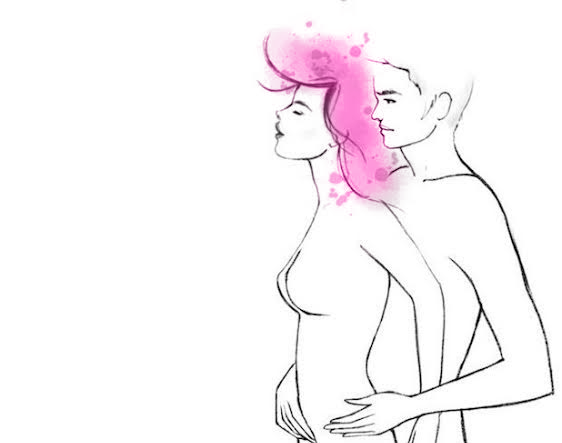The non-profit national organization Sex & Self hosted a webinar on Nov. 1 to discuss a myriad of topics including sex, masturbation, contraception, relationships, sexuality, gender identity, and dating responsibly during COVID-19. The seminar was moderated by Sex & Self’s founder and president, Felicia Gisondi.
The panel featured Jessica-Marie Tsounis-Barone, a U3 Nursing (Integrated) student, Dr. Laurie Betito, a clinical psychologist and practicing psychotherapist who specializes in sex therapy, and Dr. Angela Li, a resident physician at the University of Toronto’s Department of Obstetrics and Gynaecology.
Tsounis-Barone advised the audience how to have safe relationships during the pandemic. As a student, she empathized with those who feel isolated under social-distancing limitations while also stressing caution regarding socialization.
“While I do understand that this pandemic has put a halt on everything socialization-wise […], I do want to [emphasize] that [COVID-19] is a really serious health concern,” Tsounis-Barone said. “Together, we all must take the precautions [seriously] to stop the spread of the virus and get back to our normal world.”
Tsounis-Barone emphasized the danger of asymptomatic carriers of COVID-19 in order to caution those who think they aren’t at risk.
“Why risk your own health, the health of others, and the health of vulnerable populations?” Tsounis-Baron asked.
Discussing the discovery of individual gender and sexuality, Betito drew attention to more recent understandings of gender identity, which include space for non-binary individuals.
“We have to remember that we are the ones who get to decide how we express our gender,” Betito said. “Gender identities that are other than male or female are considered to be non-binary. Gender is not binary. It isn’t just male or female. There are a range of biological, mental and emotional traits that exist on this continuum.”
Betito encouraged listeners to explore and learn about their bodies through masturbation to overcome shame and have more physically pleasurable relationships with future partners.
“Getting to know your body is important because it’s also how you’re going to translate that information to a partner,” Betito said. “Each of us […] like[s] different things, and we might experience not-so-great sex if we’re not in touch [with ourselves].”
Explaining the difference between the internal vaginal canal and the external vulva, Li also drew attention to the centre of vaginal sexual pleasure.
“[The clitoris] is essentially responsible for the vast majority of sexual function and sexual pleasure in those with vulvas and vaginas,” Li said. “I think it’s good to give some perspective as to what organs we rely on during intercourse and during any kind of sexual stimulation.”
Most individuals with vulvas and vaginas experience menstruation and monthly bleeding. Li shared insights on managing the uncomfortable symptoms of premenstrual syndrome.
“We generally advise patients to try regular exercise, drinking lots of water, and also just some sort of stress-reduction strategies as well,” Li said. “But if you […] have these symptoms consistently, and they’re getting to the point where they’re quite debilitating, I would recommend that it’s probably time to see [your doctor].”
Gisondi recognized that events such as this one are often unable to address every topic related to sexual education and therefore cannot hope to be exhaustive.
“We understand and acknowledge that the realm of sexual education […] is extensive,” Gisondi said. “But [due to the] time constraints of this particular seminar, we hope to […] emphasize information pertaining to vulva owners so as to not […] include brief and incomplete segments of education pertaining to non-vulva owners or [those] on [hormone replacement therapy].”
She also shared the overarching goal of the seminar, and what her organization hoped to provide to the audience.
“The goal of this seminar is to encourage open and honest conversation about sex and sexuality in universities [in order] to help eliminate stigma often associated with the open and forthright discussion of [sexuality],” Gisondi said.









